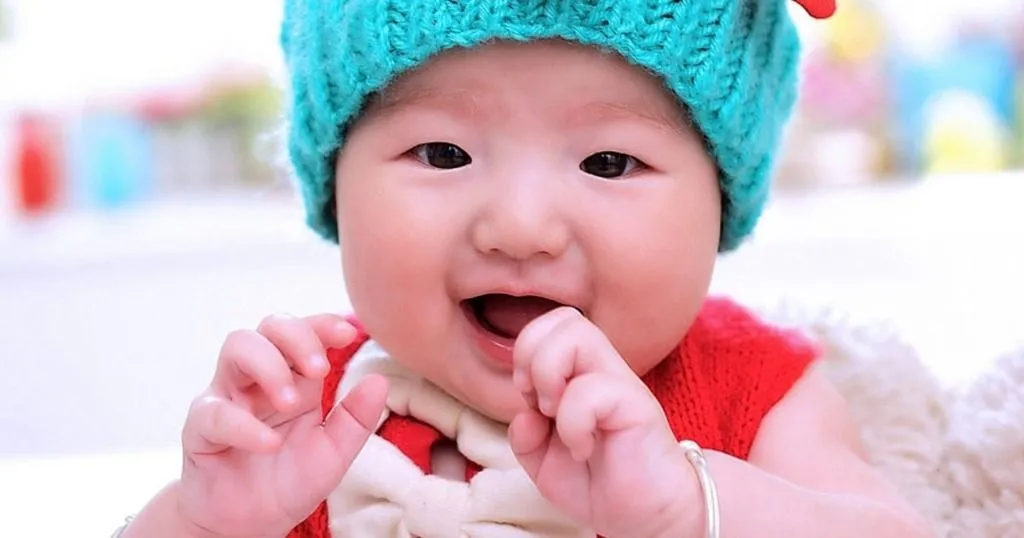Blog posts tagged with infants

08 Aug
human behavior research
Psychology
Video-recording children with ASD in-home
Anne Kirby and colleagues studied sensory and repetitive behaviors among children with autism spectrum disorder (ASD). 32 children with ASD participated.

04 Nov
human behavior research
Psychology
Positive Behavior Support: Good behavior can be learned
With the observed increase in pediatric obesity in recent years, a child’s family, particularly his parents, may influence eating behavior, diet, and physical activity through their parenting and food choices.

07 Jul
human behavior research
Psychology
Examples of infant behavior research experiments
In infancy you can observe an explosive growth. A lot of researchers focus on this age group and observe parent-infant dyads to get more insight in specific behaviors.

25 Jul
human behavior research
Psychology
Adolescent Motherhood – observing mother-infant behavior
Adolescent mothers are tackling their transition to adulthood and the transition to parenthood. This is called the double risk for mother and infant, inherent in adolescent motherhood.

06 Aug
human behavior research
Psychology
Autism research - mothers of high-risk children use more gestures
Children with autism spectrum disorder (ASD) often have delayed development in communication and language. This impaired development can be present even in the first year of their lives.

29 Nov
human behavior research
Psychology
Three examples of autism research studies
Knowledge is the key to developing a better understanding of autism. Researchers often observe and code behavior in combination with other research methods.

29 May
human behavior research
Psychology
Infant behavior experiments
When a baby is born prematurely, this baby and his or her parents often experience a rough start. You can think about eating problems, high risk of infection, or even anemia.